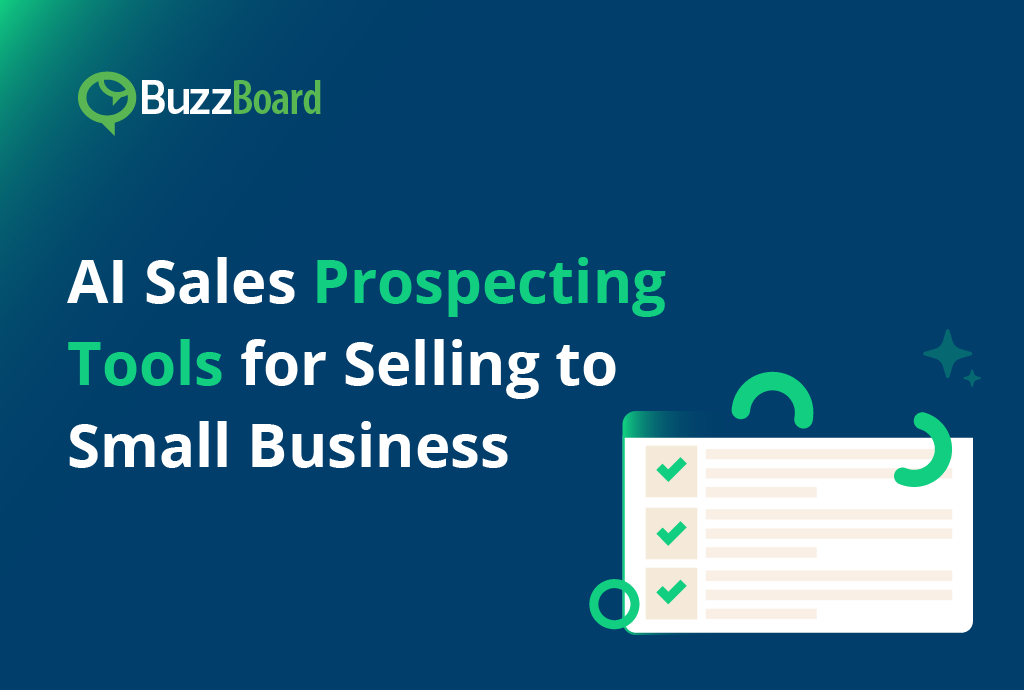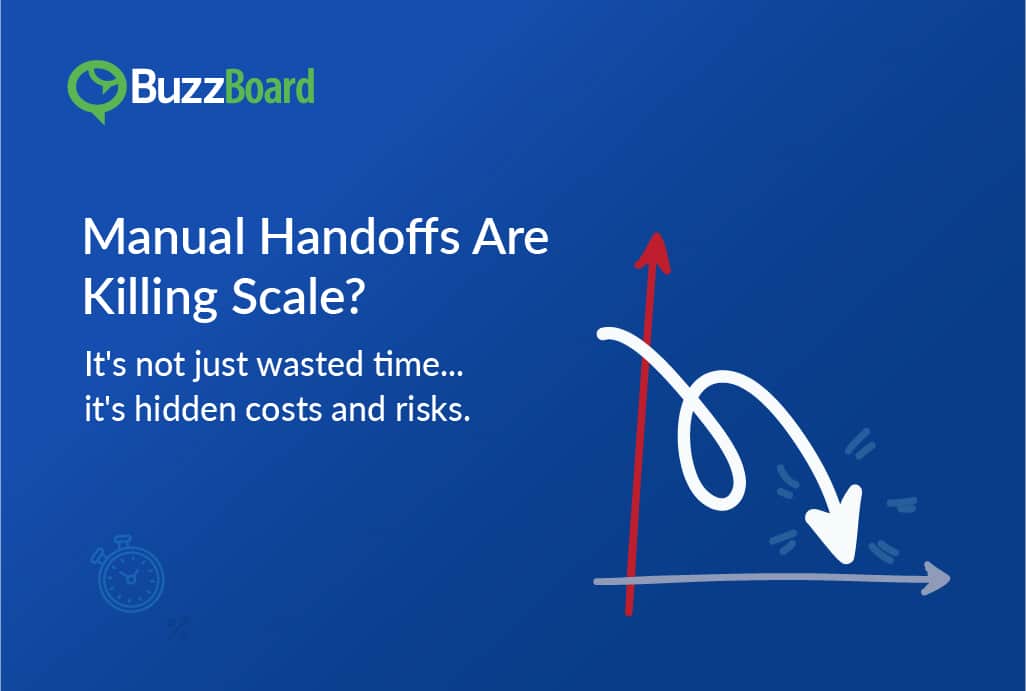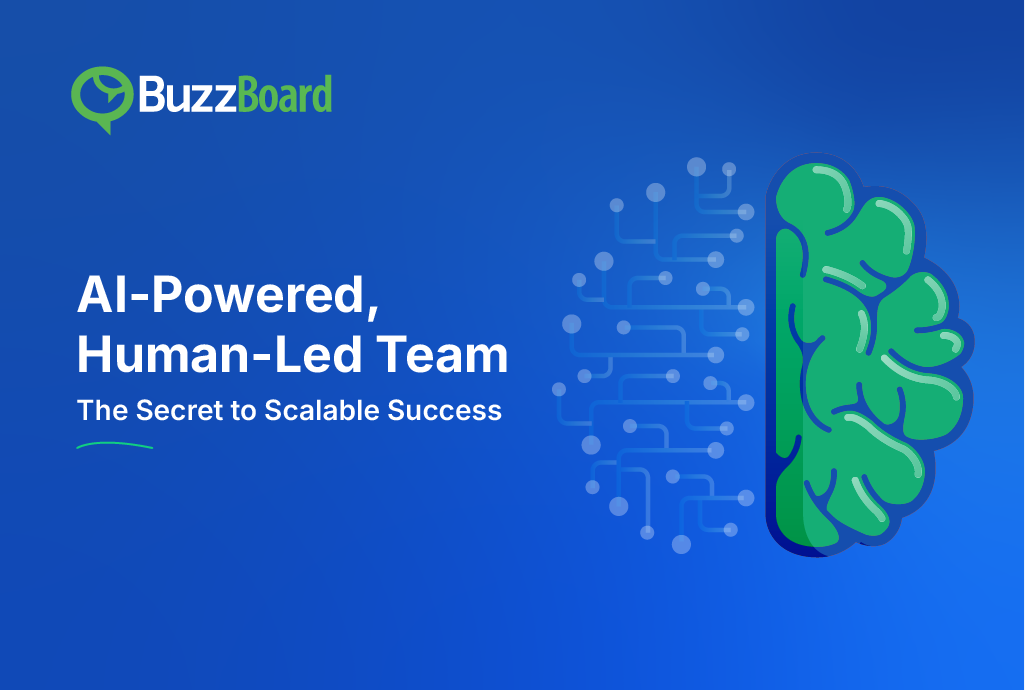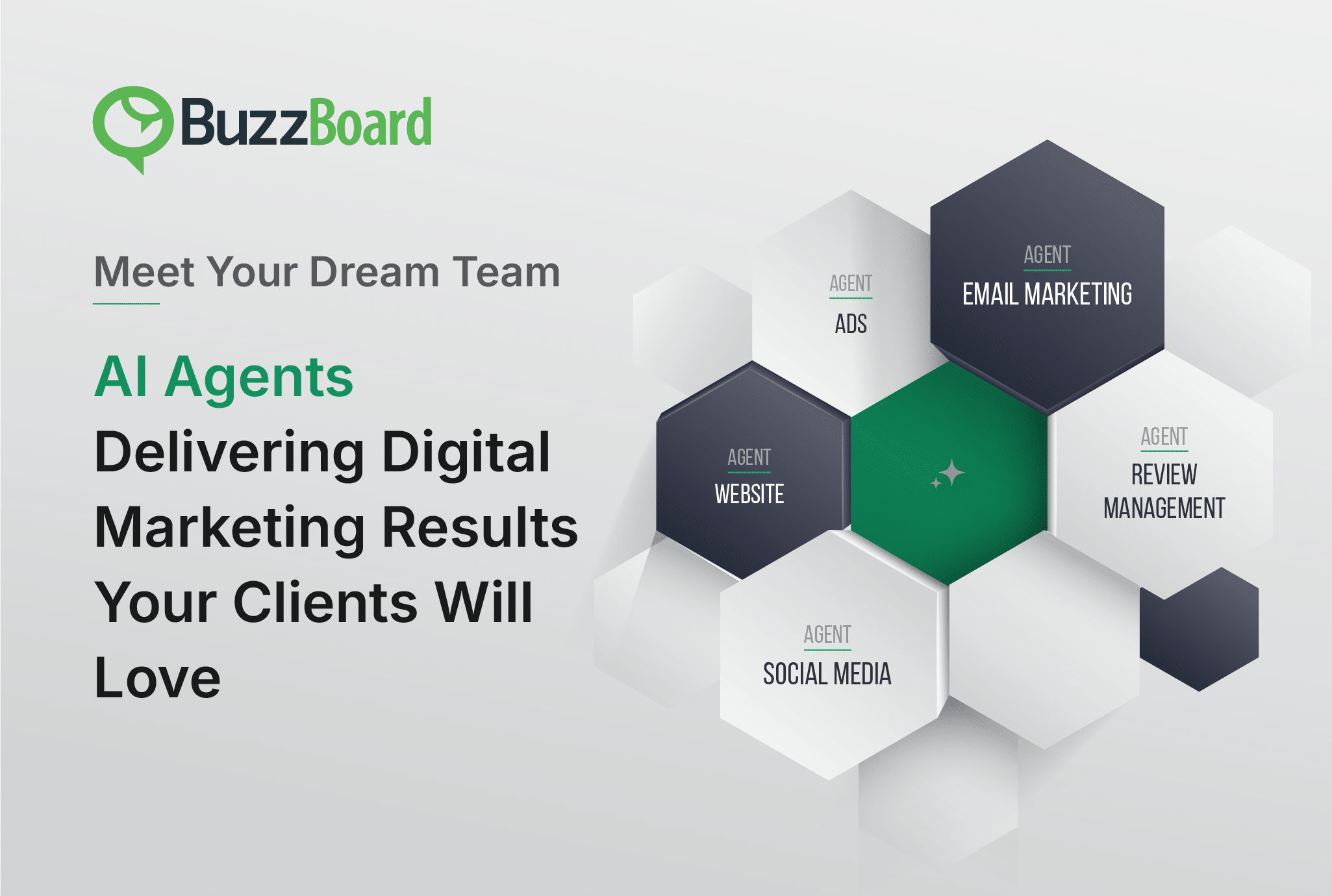Prospecting and Selling to Small Business
For sales professionals who cater to small businesses, it’s essential to stay ahead of the curve in terms of technology and strategy. One area that has gained significant attention in recent years is the use of artificial intelligence (AI) in sales prospecting. In this article, we’ll delve into the world of generative AI, its role in sales, and how it can be leveraged to enhance the sales process for small businesses.
Generative AI refers to a type of AI that can generate new, original content, such as text, images, or music. In the context of sales, generative AI can be used to create personalized and relevant content that resonates with potential customers. This technology has the potential to revolutionize the sales process by enabling sales professionals to focus on high-value activities, such as building relationships and closing deals, rather than spending hours crafting personalized emails or social media posts.
Sales Prospecting v. Sales Engagement
The distinction between sales prospecting and sales engagement is a critical one for sales professionals to grasp. Sales prospecting is the process of identifying and qualifying new potential customers, often through research, lead generation, and data analysis. This stage is all about finding the right people to talk to, and it requires a specific set of skills and strategies. On the other hand, sales engagement is the act of reaching out to these potential customers and engaging them in a meaningful conversation about their needs and pain points.
While both stages are essential to the sales process, they require different approaches and mindsets. Sales prospecting demands a focus on research, analysis, and strategy, as sales professionals seek to identify the most promising leads and tailor their approach to each individual. In contrast, sales engagement requires a more nuanced and personalized approach, as sales professionals seek to build relationships, understand customer needs, and tailor their pitch to each individual’s unique circumstances.
Effective sales prospecting involves a range of skills and strategies, from data analysis and research to lead generation and qualification. Sales professionals must be able to sift through vast amounts of data to identify the most promising leads, and then craft targeted and personalized messages that resonate with each individual. This stage requires a deep understanding of customer needs, pain points, and motivations, as well as the ability to communicate complex ideas in a clear and concise manner.
In contrast, sales engagement is all about building relationships and creating value for the customer. This stage requires a deep understanding of the customer’s business, goals, and challenges, as well as the ability to communicate complex ideas and solutions in a clear and concise manner. Sales professionals must be able to listen actively, ask insightful questions, and provide value to the customer, all while building trust and rapport.
The key to success lies in striking the right balance between sales prospecting and sales engagement. Sales professionals must be able to identify the most promising leads, tailor their approach to each individual, and then engage with customers in a meaningful and personalized way. By doing so, they can build strong relationships, create value for the customer, and drive revenue growth.
Sales Prospecting with Predictive AI and Engagement with Generative AI
The synergy between generative AI and predictive AI is a game-changer for sales prospecting. By combining these two technologies, sales professionals can create a powerful tool that not only identifies potential customers but also crafts personalized messages that resonate with them. Predictive AI, with its ability to analyze large datasets and make predictions about customer behavior, provides the foundation for this powerful tool. By analyzing vast amounts of data, predictive AI can identify patterns and trends that indicate a customer’s likelihood to purchase a product or service.
For instance, predictive AI can analyze a customer’s browsing history, purchase history, and social media activity to predict their likelihood of purchasing a new software solution. This information can then be used to create targeted and personalized content that speaks directly to the customer’s needs and pain points. Generative AI takes it to the next level by using this information to create personalized and relevant content that resonates with the customer.
Imagine being able to craft a personalized email that not only addresses the customer’s specific pain points but also speaks to their interests and motivations. This is the power of combining generative AI and predictive AI. By leveraging these technologies, sales professionals can create a personalized and targeted sales approach that speaks directly to the customer’s needs.
This powerful tool can be used in a variety of ways, from crafting personalized emails and social media posts to creating targeted ads and content marketing campaigns. By using predictive AI to identify potential customers and generative AI to create personalized content, sales professionals can create a sales prospecting tool that is both effective and efficient.
For example, a sales professional using this tool can identify a potential customer who is likely to purchase a new software solution. The tool can then use generative AI to create a personalized email that addresses the customer’s specific pain points and speaks to their interests and motivations. This email can be sent to the customer, along with a personalized social media post and targeted ad campaign, all designed to resonate with the customer and drive conversions.
In this way, the combination of generative AI and predictive AI can revolutionize the sales prospecting process, allowing sales professionals to create personalized and targeted content that resonates with potential customers and drives conversions.
Consultative Selling
Consultative selling is a powerful approach to sales engagement that has gained widespread recognition in recent years. This approach involves building relationships with potential customers by providing value and insights, rather than simply pushing a product or service. By doing so, sales professionals can establish trust and credibility with potential customers, and create a foundation for a meaningful and productive conversation.
At its core, consultative selling is about understanding the customer’s needs and pain points, and providing solutions that address those needs. This requires a deep understanding of the customer’s business, goals, and challenges, as well as the ability to communicate complex ideas and solutions in a clear and concise manner.
Consultative selling is not just about providing information or answering questions; it’s about providing value and insights that help the customer make informed decisions. This approach requires a high level of emotional intelligence, empathy, and active listening skills. Sales professionals must be able to put themselves in the customer’s shoes, understand their perspective, and provide solutions that address their specific needs and pain points.
One of the key benefits of consultative selling is that it builds trust and credibility with potential customers. When sales professionals take the time to understand the customer’s needs and provide value and insights, they demonstrate a genuine interest in the customer’s success. This helps to establish a strong relationship, and creates a foundation for a productive and successful sales conversation.
Consultative selling also requires a deep understanding of the customer’s industry, market trends, and competitive landscape. Sales professionals must be able to provide insights and perspectives that help the customer make informed decisions. This requires a high level of expertise and knowledge, as well as the ability to communicate complex ideas in a clear and concise manner.
In addition, consultative selling requires a high level of adaptability and flexibility. Sales professionals must be able to adjust their approach and messaging to meet the specific needs and pain points of each customer. This requires a high level of creativity, problem-solving skills, and the ability to think on one’s feet.
By adopting a consultative selling approach, sales professionals can create a competitive advantage in the market. By providing value and insights, building relationships, and establishing trust and credibility, sales professionals can create a loyal customer base and drive revenue growth.
Generative AI for Selling to Small Businesses
When it comes to selling to small businesses, generative AI can be a game-changer. Small businesses often have limited resources and budgets, and may be more receptive to personalized and targeted marketing efforts. This is because small business owners and decision-makers are often overwhelmed with competing demands on their time and attention, and are more likely to respond to marketing efforts that speak directly to their specific needs and pain points.
Hyper-personalization, which involves using data and AI to create highly tailored marketing messages, can be an effective way to reach small business owners and decision-makers. By leveraging generative AI, sales professionals can create personalized and targeted marketing messages that speak directly to the specific needs and pain points of each small business. This can be achieved by analyzing large datasets and using machine learning algorithms to identify patterns and trends that indicate a small business’s likelihood to purchase a product or service.
For instance, a sales professional using generative AI can analyze a small business’s website traffic, social media activity, and customer reviews to identify their specific pain points and needs. They can then use this information to create a personalized and targeted marketing message that speaks directly to the small business’s specific needs and pain points. This can be achieved through a variety of channels, including email marketing, social media advertising, and content marketing.
The benefits of using generative AI for small business sales are numerous. By leveraging this technology, sales professionals can create highly targeted and personalized marketing messages that resonate with small business owners and decision-makers. This can lead to increased engagement, conversion rates, and ultimately, revenue growth.
Moreover, generative AI can help small businesses to overcome the challenges of limited resources and budgets. By leveraging this technology, small businesses can create highly effective marketing campaigns that speak directly to their specific needs and pain points. This can help to level the playing field, allowing small businesses to compete more effectively with larger competitors.
In addition, generative AI can help small businesses to build stronger relationships with their customers. By leveraging this technology, small businesses can create personalized and targeted marketing messages that speak directly to their customers’ specific needs and pain points. This can help to build trust, loyalty, and advocacy, ultimately driving revenue growth and customer retention.
Generative AI can be a powerful tool for small business sales. By leveraging this technology, sales professionals can create highly targeted and personalized – hyper-personalized – marketing messages that speak directly to the specific needs and pain points of small business owners and decision-makers. This can lead to increased engagement, conversion rates, and ultimately, revenue growth.
Considerations for Choosing an AI Sales Prospecting Tool
When choosing an AI sales prospecting tool for selling to small businesses, there are several considerations to keep in mind. First and foremost, it should support both prospecting and engagement within the same platform, without forcing the user to switch windows.
Next, it’s essential to ensure that the tool is user-friendly and easy to integrate into existing sales processes. Also, the tool should be able to provide actionable insights and recommendations that can be used to inform sales strategies. Finally, the tool should be able to adapt to changing market conditions and customer needs.
Conclusion
In conclusion, AI sales prospecting tools have the potential to revolutionize the sales process for small businesses. By leveraging generative AI and predictive AI, sales professionals can create personalized and targeted marketing messages that resonate with potential customers. By understanding the difference between sales prospecting and sales engagement, and by adopting a consultative selling approach, sales professionals can build relationships with potential customers and drive revenue growth. When choosing an AI sales prospecting tool, it’s essential to prioritize user-friendliness, actionable insights, and adaptability. By doing so, sales professionals can stay ahead of the curve and drive success in the competitive world of small business sales.









